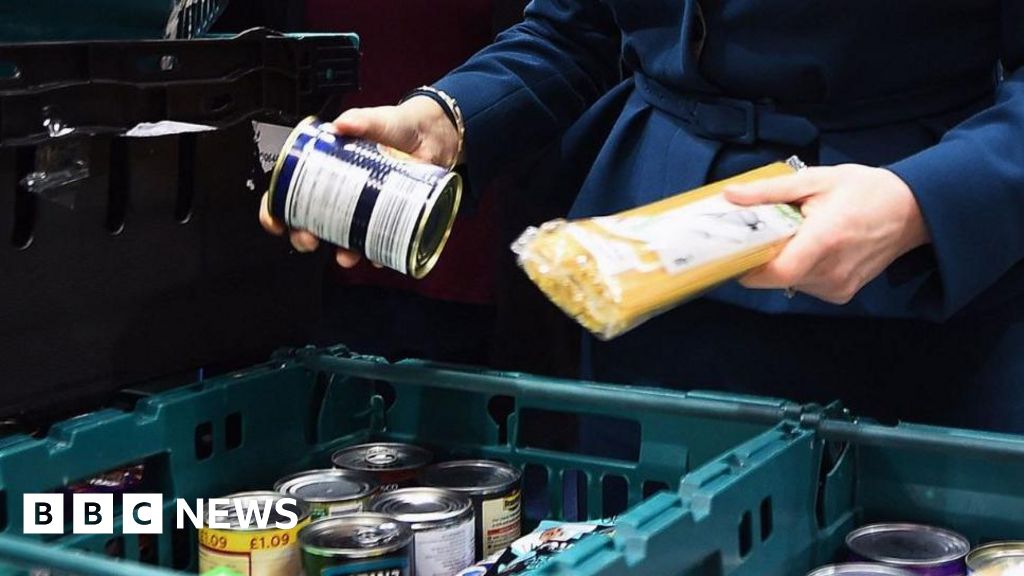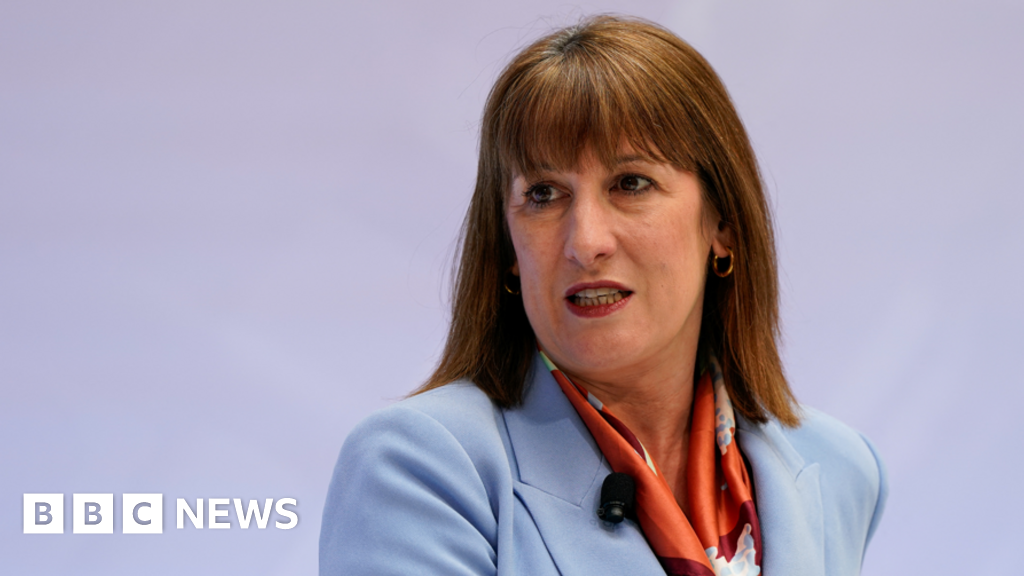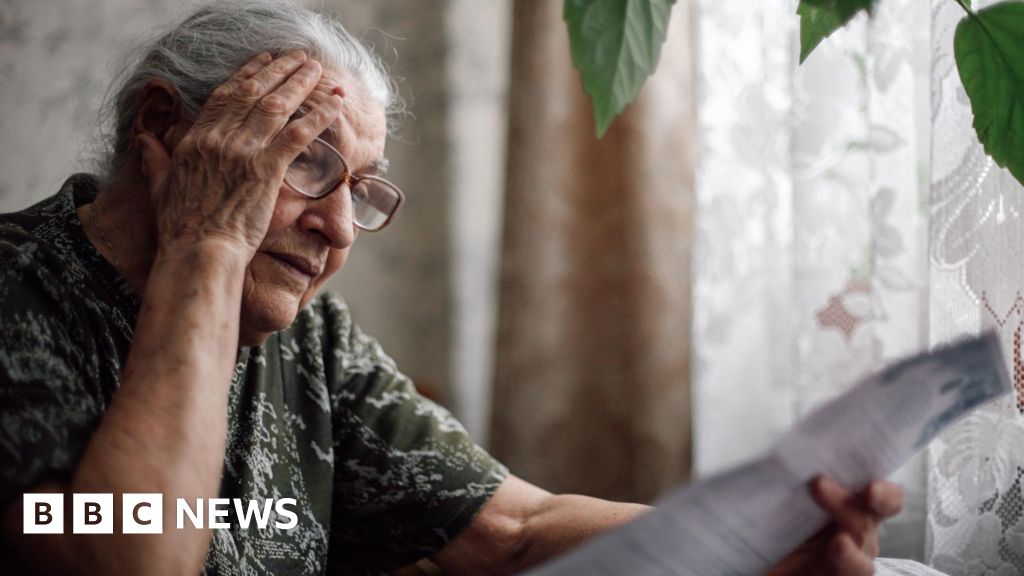ARTICLE AD BOX
image source, Getty Images
The UK government has not focused enough on how people can cut energy consumption to lower their bills, the boss of energy firm Utilita has said.
Bill Bullen said the current gas crisis has shown there is too much emphasis on policies such as the price cap.
This month 1.5 million customers have been hit by energy firms collapsing as wholesale gas prices soar.
Consumer confidence has also taken a knock in part due to concerns over energy bills, a survey suggests.
Wholesale gas prices have risen sharply since the beginning of the year due to a combination of squeezed supplies and higher demand.
This has heaped pressure on energy companies, especially smaller firms who did not buy gas in advance, Mr Bullen told BBC Breakfast.
The companies that went bust were caught between soaring wholesale prices and the UK energy price cap, which limits how much suppliers can charge customers.
"Because the industry is under stress at the moment, it is bringing flaws to the surface that may otherwise have gone unnoticed," he said.
"But there is a problem with the way price capping works, for example, and I would say the problem is deeper than that."
He said consumer bills are made up of the price of the energy, and how much energy is used.
"For a long time, we've been far too focused on price, and trying to trim maybe 1% or 2% off the price - which is important - but if you trim 10% or 20% or 30% off the consumption, that's a much bigger saving for the consumer.
"That's where we would like to see government policy move, because that's the way to tackle other issues like climate change, like fuel poverty, as well as energy security, which is the key problem we've got now.
"It's this dependency on imported kilowatt hours and imported hydrocarbons that has got us into the situation we are in now," he added.
The gas crisis has shone light on tough choices facing politicians.
The gas industry says it proves gas is still vital for energy security. Its critics say it shows the opposite - that the UK should promote home-grown sources such as wind power.
Now there's talk of ministers supporting another nuclear plant - in Anglesey. Fans of nuclear power say it can keep the lights on when the wind isn't blowing.
But nukes can't act as back-up to fluctuating renewables, because they need to run all the time.
What's more, building just one or two more nukes - as the government appears to be planning - won't compensate for the coming demise of the UK's current ageing fleet.
Calculations from National Grid ESO for BBC News estimate that if the planned Sizewell C nuclear station is approved it will produce about 6.6% of UK electricity.
That won't plug a very big gap, especially when our cars and home go electric.
Future solutions will include better energy efficiency in homes and industry - so we use less - coupled with much more energy storage and possibly a new industry in hydrogen.
But this won't be the last crisis on the path to a zero-carbon future.
Meanwhile, consumer confidence took a knock in September, in part due to concerns over energy bills, a survey by market research firm GfK suggested.
"On the back of concerns about rising prices for fuel and food, the growth in headline inflation, tax hikes, empty shelves and the end of the furlough scheme, September sees consumers slamming on the brakes as those already in economic hardship anticipate a potential cost of living crisis," said GfK's Joe Staton.
GfK's Consumer Confidence Index fell by five points from August to -13 in September.
"All measures have declined this month and consumers are clearly worrying about their personal financial situation and the wider economic prospects for the year ahead.
"When consumer confidence drops, shoppers tend to spend less, and this dampens the overall economic prospects for the UK. This really is an unwelcome picture if this continues into 2022 and beyond," Mr Staton added.

 3 years ago
54
3 years ago
54








 English (US) ·
English (US) ·